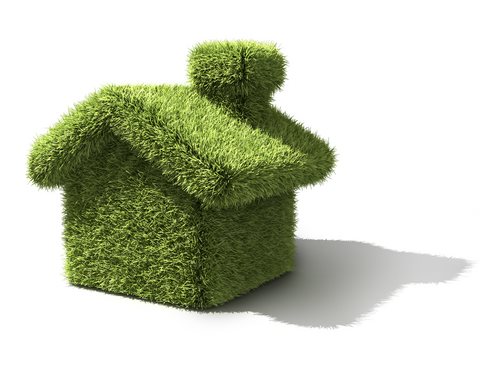Home Owners Insurance Policies
What is Home Owners Insurance?
Home owners Insurance is a type of property insurance that provides coverage to private home owners. In essence, it is a hybrid insurance policy that combines an assortment of personal insurance protections, to cover losses occurring to one’s home, its contents and loss of its use (meaning additional living expenses) or loss of other possessions of the house, with liability insurance for accidents that happen inside of the house or on the owner’s property.
All home owners insurance policies are classified as a multiple-line insurance product, meaning that protection encompasses both property and liability. Furthermore, home owners insurance possesses an indivisible premium, meaning that a single premium is paid for all risks associated with the protected home owners and property.
Types of Home owners Insurance Policies:
Currently the Insurance Services Office—a private company responsible for standardizing and providing risk information to help simplify home owners insurance –has seven standardized home insurance policy forms:
H01 Policy—The basic form homeowner policy, the H01 provides coverage on a home against the following eleven perils: lightning, windstorms or hail, civil commotion or an explosion riot, theft, damage from vehicles and aircrafts, glass breakage, smoke, volcanic eruptions, vandalism, personal liability and fire. In general, a home owners insurance policy in the United States will not provide protection for the following exceptions: damages sustained from floods or earthquakes.
H02 Policy- The broad form homeowner policy is a more advanced form that provides coverage on a home against 17 listed perils, including all 11 listed on the H01.
H03 Policy-The special form homeowner policy is the most comprehensive form used for single-family homes. This policy provides all risk coverage on the home with some perils excluded, such as flooding or earthquakes.
H04-Renter’s Insurance- This form covers personal property against the same perils as the contents of the H02 or H03 but is designed for individuals who rent property to strangers, vacationers or those in need of a temporary dwelling.
H05-The premier homeowner policy; covers the same as H03, but the contents are covered on an open peril basis, so as long as the cause of loss is not specifically excluded in the policy it will be covered for that cause of loss.
H06-The form needed for condominium owners
H08—A modified coverage form for owners who occupy
Cost of Home Insurance:
The cost of home insurance is typically dependent on what it would cost to fix or replace the underlying house and which additional items to be insured are attached to the policy. A typical home insurance policy is a lengthy contract, which explicitly names what will and will not be paid in the case of various incidents or events. In the majority of contracts, claims due to floods are typically excluded; special insurance policies can be purchased for such possibilities.
A home insurance policy is typically distributed as a term contract—the contract is in effect for a fixed period of time. Similar to other insurance policies, the insured party is required to pay for coverage through the satisfaction of a premium. This premium, which is to be paid each term, will be lessened if it appears the house in question is less likely to be damaged or destroyed. For example, if the home is located directly across from a fire station, if it is equipped with fire alarms and sprinklers, the premium will be lessened as a result of the expected mitigated damage from fire.
